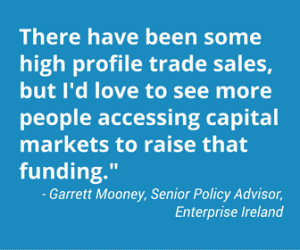Achieve efficiencies in your business using Lean
Dr Richard Keegan, Manager at the Enterprise Ireland Competitiveness Department outlines procedures for achieving efficiencies in your business
Companies challenged by the UK’s vote to leave the EU should review their business models as one part of a strategy for coping with any depreciation in sterling and any loss of competitiveness arising from a UK departure from the Single Market.
With margins potentially squeezed, managers should consider ways of reducing their cost-base by reviewing processes and procedures.
At Enterprise Ireland, we work with clients to help them increase performance using what are called “Lean” tools and techniques.
Perhaps the most important thing to bear in mind about developing a Lean business is that human resource capacity and capability is a thread that runs through the entire process.
Lean principles
Lean principles were first developed by Toyota in Japan in the 1950s to make production processes more time- and cost-efficient.
It is very much about technology and engineering but it is not confined to that. It runs through the whole value chain with the aim of outputting a better offering to the customer at a better price.
While first developed with manufacturing in mind, Lean is now used widely in services in both the private and public sectors. Management philosophy, workforce culture and human resource development are all part of the Lean approach.
Product development and design, purchasing, manufacturing, administration, logistics and sales all come under review with the aim of working more efficiently from the shop floor to the boardroom to the point of delivery and after-sales service.
People
Experience shows that human resources are central to successful Lean processes. That means being fair to staff. It also means being firm: once you decide how things should be done, everyone must stick with it. That also means being consistent with how you deal with people, problems and issues.
Much of people’s time in business is spent handling the “day job”, doing what needs to be done, or fighting fires. Lean techniques ask the question “What are we trying to achieve here?”. This helps the business see what is actually being done – the difference between the question and the answer is the gap to be bridged.
Managers should look closely at processes, go to the place where work is done, see what is happening. It will often be quite different to what you think. That means there is gap in your understanding.
You need to know the underlying principles that affect the outcome then think about how you can improve things. Can you “put out the fires” once and for all?
Questions
In carrying out this assessment be sure the following five questions can be answered: What are you doing?
How are you doing it? Why are you doing it? Who is going to improve it? When?
Having taken this approach, whatever you do, do something. You do not have to make it perfect, just better.
There are three key areas of focus in developing a Lean Business: time, money and effort. It is also necessary to benchmark against your competitors as an ongoing basis.
Time: Examine how long it takes to carry particular tasks such as: processing an order, dealing with a claim or providing a service.
Effort: Look at the elements involved in getting work done. Be sure you know the value and need for every step along way to fulfilling a particular task.
Money: Use it as a metric for identifying wastage and putting a value on issues, problems and delays.
Waste
Wastage is a key area for identifying savings. Declare war on waste. Taichi Ohno of Toyota is credited with identifying the “Seven Wastes”: Defective Service, Over Production, Inventory, Motion, Processing, Transportation and Waiting. Today we recognise a significant eighth waste, people, ie not utilising their capabilities to improve the business.
There are many more wastes than the core eight and there is some variation between manufacturing and service businesses, but these are a good starting point on a Lean journey to competitiveness.
When implementing Lean processes, it is important to identify a problem or issue that is both challenging and achievable. It needs to be challenging enough to allow people to feel that they have contributed to its solution and also needs to be achievable within a reasonable timescale. If the problem or issue is too big or too difficult, then the team may fail, with ongoing negative repercussions on future improvement activities.
Enterprise Ireland provides clients with access to the best SME benchmarking systems and data in the world through our Lean Service Benchmarking tool, which gives an objective view of the competition and the client’s strengths and weaknesses.
We also have checklists and other tools for the type of work-practice audit that could make the difference between remaining competitive in the UK and being priced out of the market.
In fact, many exporters are already employing Lean techniques to address the threat to the bottom line caused by currency fluctuation.
Enterprise Ireland Lean programmes have helped companies in sectors such as agri-business, manufacturing, engineering and services to improve their competitive position.
Often, companies develop simplified and standardised ways of working that are not just more efficient but easier for implementation, training and monitoring. For case studies, see: www.enterprise-ireland/lean
This article originally appeared in the guide Exporting to the UK? Read the full version here



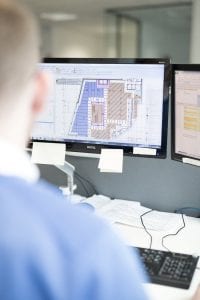
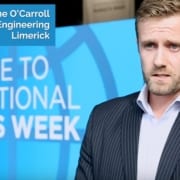
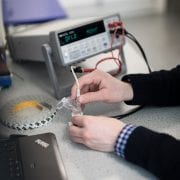
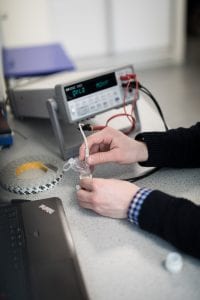 Having started in Galway in 1997, Aerogen has grown to the point where its innovative aerosol drug delivery solution has reached 75 markets around the world.
Having started in Galway in 1997, Aerogen has grown to the point where its innovative aerosol drug delivery solution has reached 75 markets around the world.
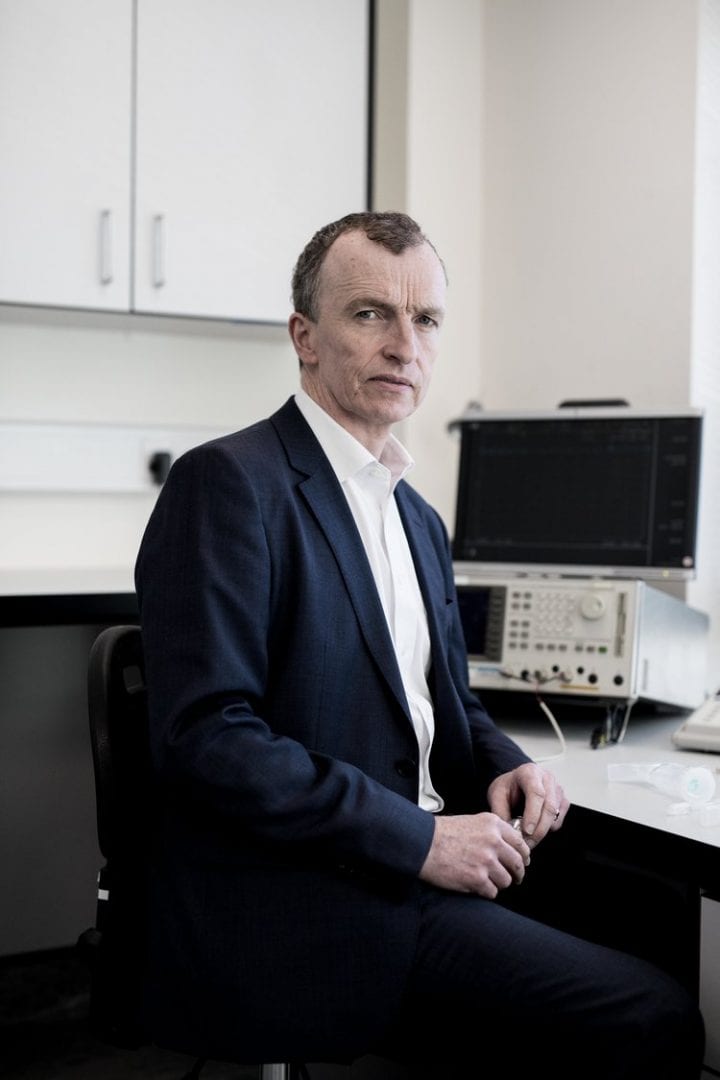







 Missed Opportunity
Missed Opportunity